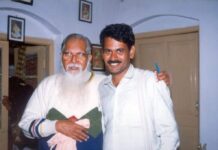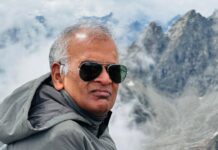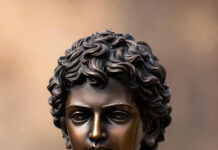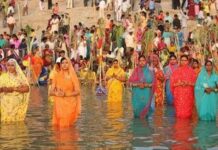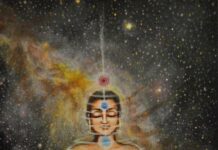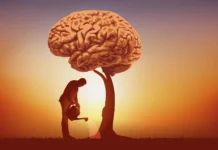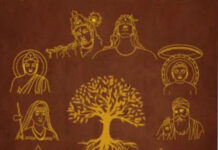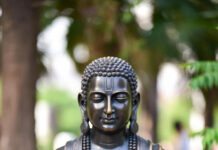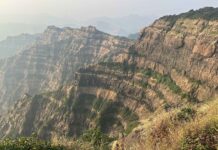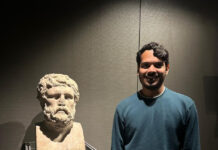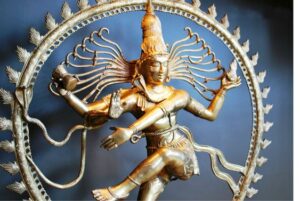
According to Tamil classical literature, an epic poem should begin with “the world.” (The word Ulagagu is Tamil.)The first line of Jeevaga Sintamani is ‘the world that never started and never grows.’. ‘One who created all worlds’ is how the Kamba Ramayana opens. The well-known poem All the World (Ulagelam) opens Periya Puranam, the epic that tells the stories of Shaiva sages and is regarded as the foundational work of the Shaiva Bhakti movement.
It is important to remember that this is the first line of an epic poem that narrates the tales of actual individuals who lived in Tamil Nadu and went on to become legends, and who believed that Shiva was the sole deity. They are idolaters who are particularly fond of Shiva figurines. They worshipped anyone; one was dressed as a mendicant from Shaivaite. Some of these tales, such as Eribattha Nayanar, describe the life of Shaiva followers who hacked off their own father’s leg when he attempted to offend the Shiva symbol (the linga). In reality, however, the first verse presents the twofold character of Hindu worship: the Saguna Brahma (the God with distinctive attributes) and the Nirguna Brahma (the ultimate unknowable God)
Furthermore, the order of placement of ideas makes perfect sense. ‘A person who remains inexplicable even after comprehending the entirety of the world,’ is what the first line states. A person who is beyond the grasp of the entire world is another way we may read this sentence. Second line: ‘One who has the moon and unlimited water (the Ganges) on his head.’ Definitely a huge leap. In the third sentence, the idea of boundlessness is restated, saying that he is ‘endless light himself.’ The next verse, which describes ‘one who dances on the golden stage, usually alludes to Chidambaram, the whole temple complex there said to represent Lord Shiva’s dance theatre.
The last paragraph unites the worship of the physical and abstract gods into a single mode. ‘Let us bow down before the beauty of his feet.’
Shaiva’s central notion is dance. The dance of the absolute first appears as duality before returning to its original form as one whole. The universal dual nature of the cosmos is symbolised by Shiva and Shakti. The dance between ‘the unknowable’ and ‘knowable’ is what I take to be the ultimate Hindu conundrum in this stanza.
Jeyamohan
*

